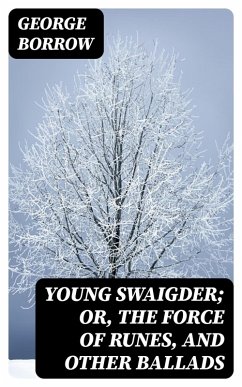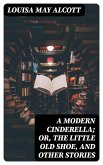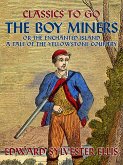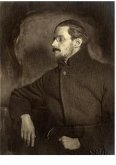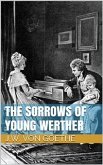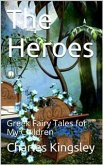In "Young Swaigder; or, The Force of Runes, and Other Ballads," George Borrow weaves a rich tapestry of folklore and narrative poetry that captures the spirit of the Romantic era. The collection presents a fusion of mythical themes and vivid imagery, showcasing Borrow's adeptness in using balladic forms to explore cultural and supernatural elements. The title poem, centered around Swaigder, reflects Borrow's fascination with runic symbols and their mysterious powers, all while echoing the traditions of folk narratives prevalent in 19th-century literature. Borrow's language is both lyrical and robust, inviting readers to delve into a world where the mundane intertwines with the magical, revealing the lasting impact of history and culture on identity. George Borrow (1803-1881) was a fervent advocate for the Romani people and a keen linguist whose travels across Spain and Eastern Europe influenced his writing immensely. His unique perspective as an outsider helped him to blend folklore with personal experience. His affinity for ancient languages and runic inscriptions, coupled with his interest in the mystical, can be seen as a precursor to the increasingly popular themes of nationalism and folklore rehabilitation during his time, which inspired his ballads in this collection. "Young Swaigder; or, The Force of Runes, and Other Ballads" is a treasure for readers interested in the intersections of history, culture, and literature. Borrow's exploration of runes and folk narratives offers rich layers of meaning and context, making this collection not just a work of art, but also a profound commentary on the forces that shape human experience. This book is highly recommended for those who appreciate poetry steeped in myth and the historical undercurrents of European literature.
Dieser Download kann aus rechtlichen Gründen nur mit Rechnungsadresse in A, B, BG, CY, CZ, D, DK, EW, E, FIN, F, GR, H, IRL, I, LT, L, LR, M, NL, PL, P, R, S, SLO, SK ausgeliefert werden.

